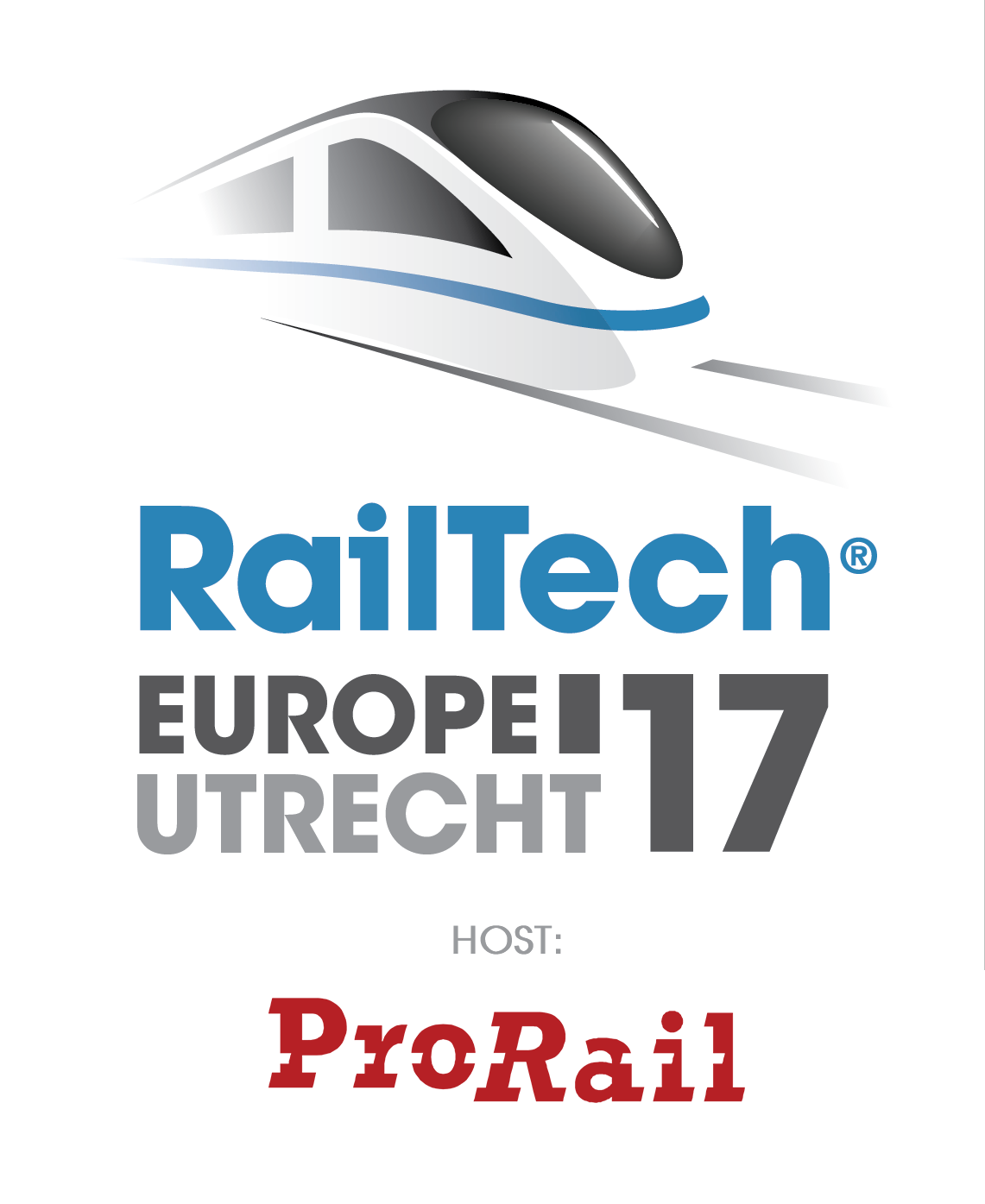 Abstract
Abstract
Anna Nicodemi
Service Manager in the Business development department at Trafikverket
Presentation title:
RFID, a digitalisation and service development project
Quote:
”Digitalisation is about transforming data into useful information”
Summary:
RFID started off as a technology development project, and a needed a business plan, as RFID is not only managed by Trafikverket but holds a lot of stakeholders.
As trafikverket only manages part of the system RFID is a perfect example of how we need to cooperate in the business, sharing information to succeed with digitalization.
The digital opportunities as well as service management is important to develop and create customer value and efficiency for the sustainable transport system. Technology development provides the opportunity for automated data capture and dissemination. Together with the increasing demand on the availability of information availability today we need to use the digital opportunities to increase customer satisfaction and efficiency in our deliveries.
For several years, The Swedish Transport Administration have worked on vehicle identification using RFID. The work has been part of an international cooperation, and has led to a new standard, RFID in Rail.
Together with WTMS sensors RFID-readers have been installed throughout our rail infrastructure in Sweden, and it is now possible to follow WTMS-measurements over time for a specific component on rail vehicles.
The need for available data needs to be balanced against the need of protected data. We need to adopt our systems for for the new conditions. An external focus on the transport systems level for us, concerns the risks and possibilities on how we secure and build our relations with the outside world. We need to decide at what conditions and opportunities we share our information. To ensure that the regulatory framework and working methods are adapted to the rapid development of technology, we have to deepen and take a leading role in our cooperation with other parties (including local authorities). The digital opportunities and risks are to be continuously calibrated to the needs and the requirements in order to operate, develop and maintain road and rail system.
RFID started as service development project where we wanted to create a service that would develop and maintain our RFID-system. It was the first time when we defined what a service is, and what service design means. Our technical systems is a form of generator for information, as we feed the system with data, on the other side we want to receive information that is formed by our needs as a user of the system.
In our project we have encountered problems as the immaturity of the organisation and the need to leave old working methods processes behind.
Our work with digitalisation and service design involves many new processes, streamlining of the old processes, defining the steps we can digitalise away and of course resource reallocation.
We started from square one in building our services and digitisation, starting out with an inventory of our infrastructure.
In my presentation I will give the details of the work we did and what our outcome was.
Bio:
Anna Nicodemi holds a position of Service Manager in the Business development department at Trafikverket since 2003. She has been involved in several research projects that relate to digitalisation and logistics. She manages and develops railway services in the network statement and looks at new solutions for railway services.
Holding a degree in Risk Management she started her career at the Trafikveket as a Safety and Security manager at one of Trafikverkets eight dispatch centers. She has also been a Project Manager responsible for several electrical safety projects. Prior to her current position she worked with safety management system at Trafikverket and was Head of the analyst team.
The RailTech Europe 2017 Conference will explore the following three themes:
- Day 1 – 28 March 2017: European Railway Traffic Management System (ERTMS)
- Day 2 – 29 March 2017: Digitalisation in Railways
- Day 3 – 30 March 2017: Maintenance of Rail Infrastructure
